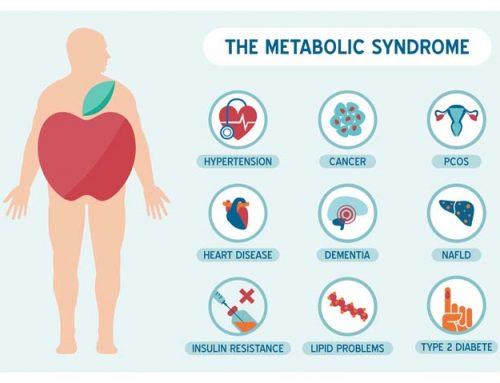Floatation tanks, otherwise referred to as “isolation tanks” or “float tanks” have also been referred rather scarily to as “sensory deprivation chambers” or more recently (and more eloquently) referred to as “flotation-REST (restricted environmental stimulation technique)”. My personal journey with float tanks started off in late 2015 when I decided to try it out after having heard of the impressive benefits of this type of therapy.
Some of the purported benefits of this therapy include: increased relaxation, decreased depression and anxiety and reduced physical pain. I was interested to find out there was actually decent research to back this up. For instance a 2014 study by Kjellgren and Westman[i], randomised two groups of 37 people to experience the flotation-REST therapy and 28 individuals to be on a waiting list. The participants experience 12 sessions over 7 weeks lasting 45 minutes. Several parameters were checked before and after the treatment period. The same parameters were checked in the control group. After the 7 week period the control group also experienced the flotation-REST therapy.
The main differences noted were a decrease in perception of stress, anxiety, depression and pain amongst the trial group as compared to the control group. There was also an improvement in sleep quality and overall optimism in the trial group. These were clearly statistically significant changes. It’s not documented how long these changes lasted.
My experience started with a degree of anxiety at being situated in a totally dark room with room temperature water with no sense of weight to my body. I wondered, “could something really bad happen to me?” even after the introductory video assured me that drowning was not a possibility as the weight and specific gravity of the liquid in the chamber would keep me afloat. After the first session, however, this initial anxiety started to fade.
I realised after a while that it was an intensely pleasurable experience to simply have no weight nor sensory stimulation for a sustained period of time.
The curious thing that would happen on subsequent sessions, is that after feeling very relaxed for the majority of the session, and my thoughts fading away to nothingness, I would experience a sudden spike of anxiety at around 50 min. However the music in the tank would come on around 5 minutes afterwards (as they were one hour float sessions) and I would never get to really work out what was going on.
So at one point I decided to start doing 2-hour float sessions to work out what was going on with the anxiety spikes. The first time I did this, the same thing happened. A spike of anxiety at 50 minutes. But the total lack of distraction, and the focus this created, allowed me to have a conversation with my anxiety. “Who are you?” I asked it “And why are you here?”. In my seemingly psychotic self-conversational state, I seemed to get a response back from the anxiety. “I’m here to protect you from suffering or emotions you can’t handle. I’m a protective contraction” was the reply. I thought about it for a while.
“But I’ve handled everything that has come my way in life so far perfectly fine.” I retorted after a significant gap. “Who’s to say that won’t continue on?”. I thought some more and then added. “So in that case maybe you could just let me be present in each moment and relax into each situation?”
There was a suspenseful gap. Then silence. The anxiety seemed to totally disappear at that point and I enjoyed the rest of my float. It surfaced a few times coming out of the float or in the next few sessions. But it was on the way out. Each time this occurred I spoke to it and lovingly talked it down.
As a result of this seemingly magical situation, my anxiety has been only a small fraction of what it previously was. So I’m not surprised when I see that a randomised controlled pilot trial has now been performed[ii] showing that flotation-REST therapy appears to be a promising adjunctive therapy for generalised anxiety disorder.
If you are willing to stick out the initial difficulties, I’m quite certain that float therapy will make a major difference to your life, no matter what situation you are in.
References
[i] Kjellgren, A & Westman, J. (2014). “Beneficial effects of treatment with sensory isolation in flotation-tank as a preventive health-care intervention – a randomized controlled pilot trial.” Complementary and Alternative Medicine 2014, 14:417
[ii] Jonsson, K & Kjellgren, A. (2016). “Promising effects of treatment with flotation-REST (restricted environmental stimulation technique) as an intervention for generalized anxiety disorder (GAD): a randomized controlled pilot trial.” BMC Complementary and Alternative Medicine (2016) 16:108 DOI 10.1186/s12906-016-1089-x
Image: Virtual R Media / floatation tank / License CC BY-NY 2.0








Leave A Comment